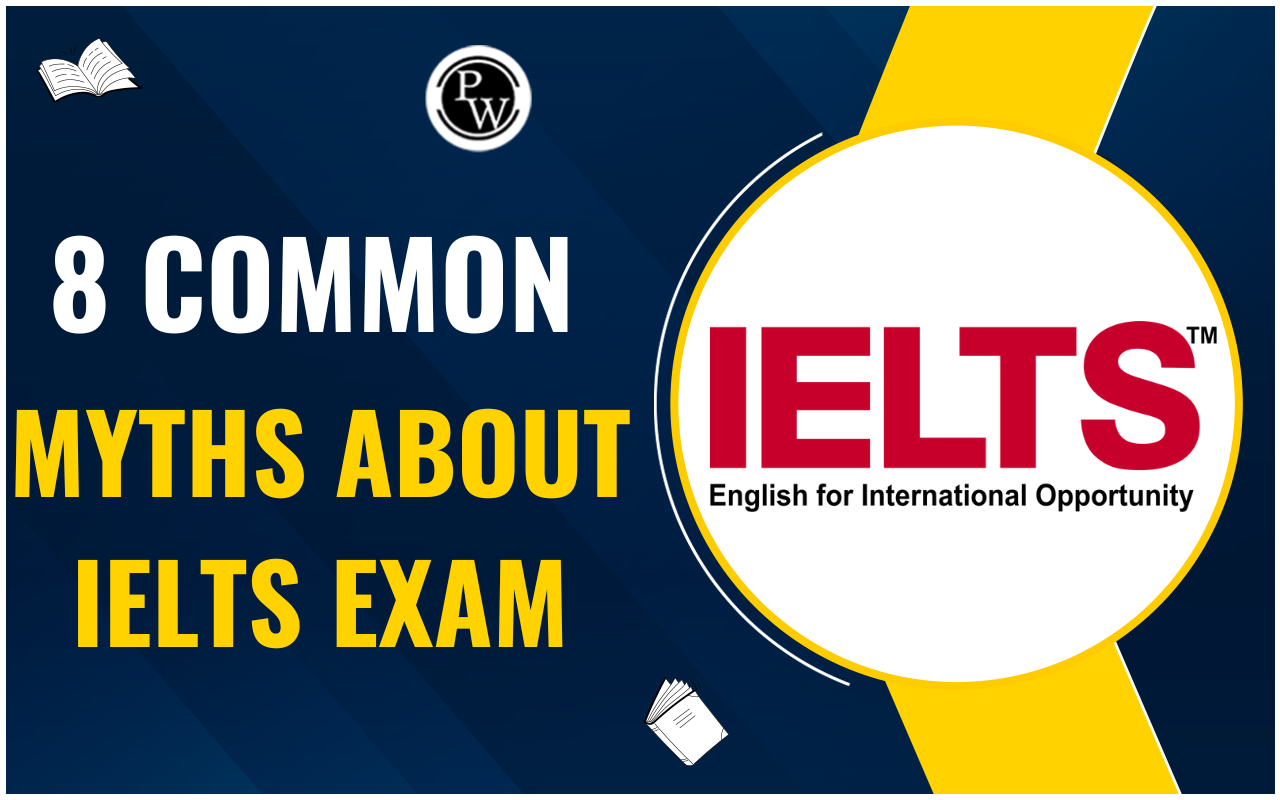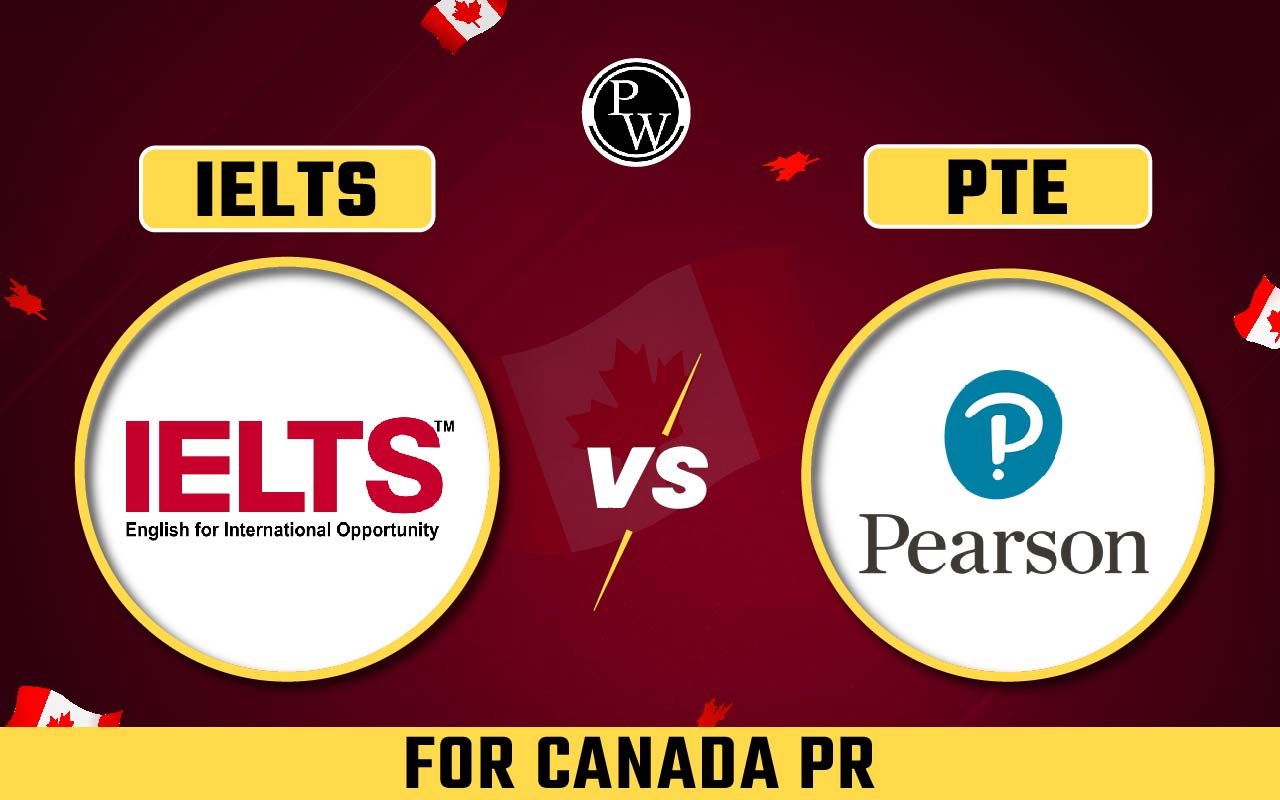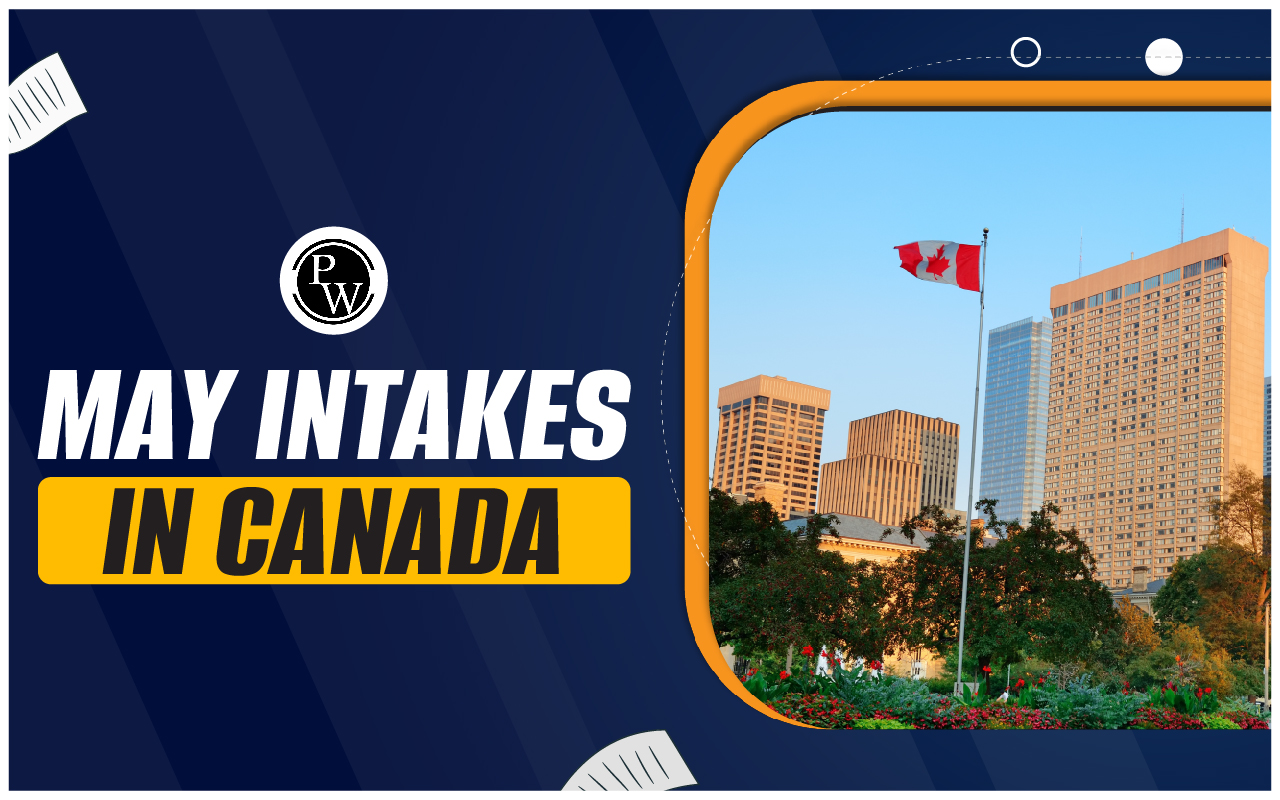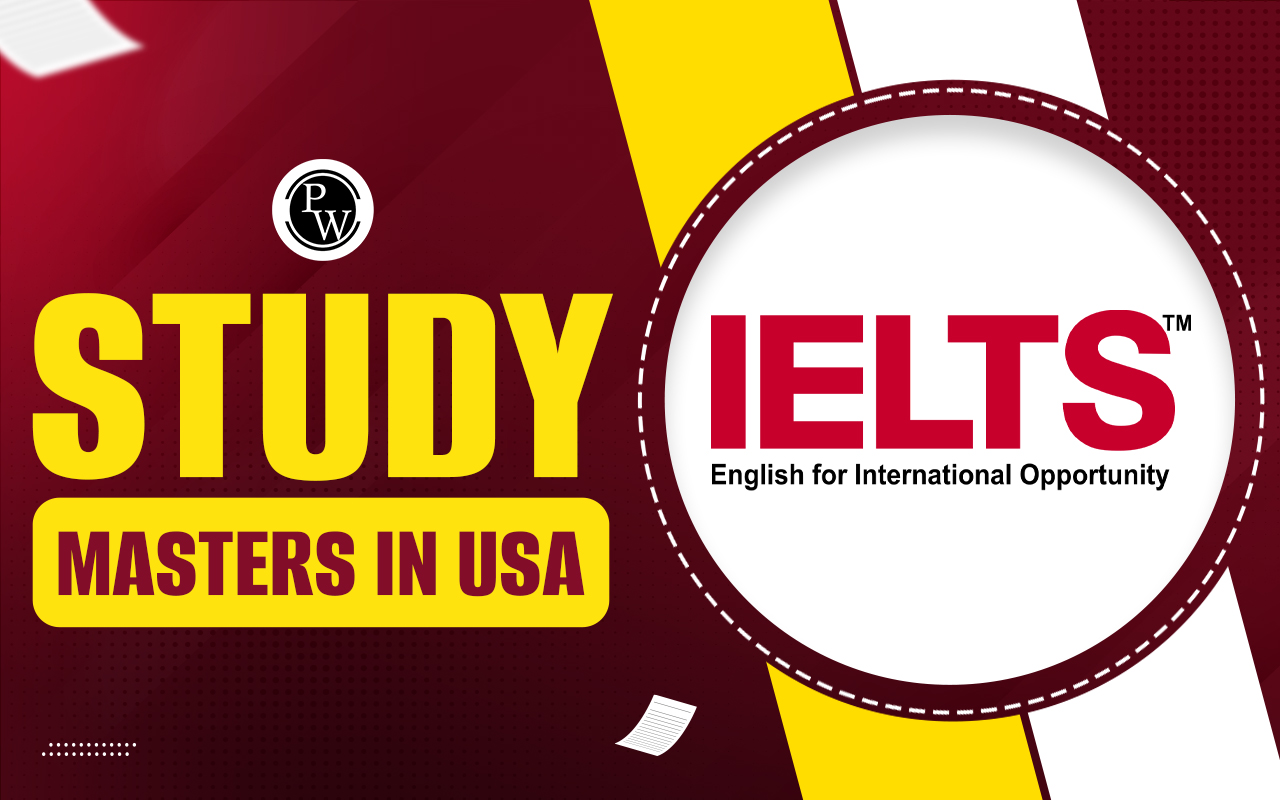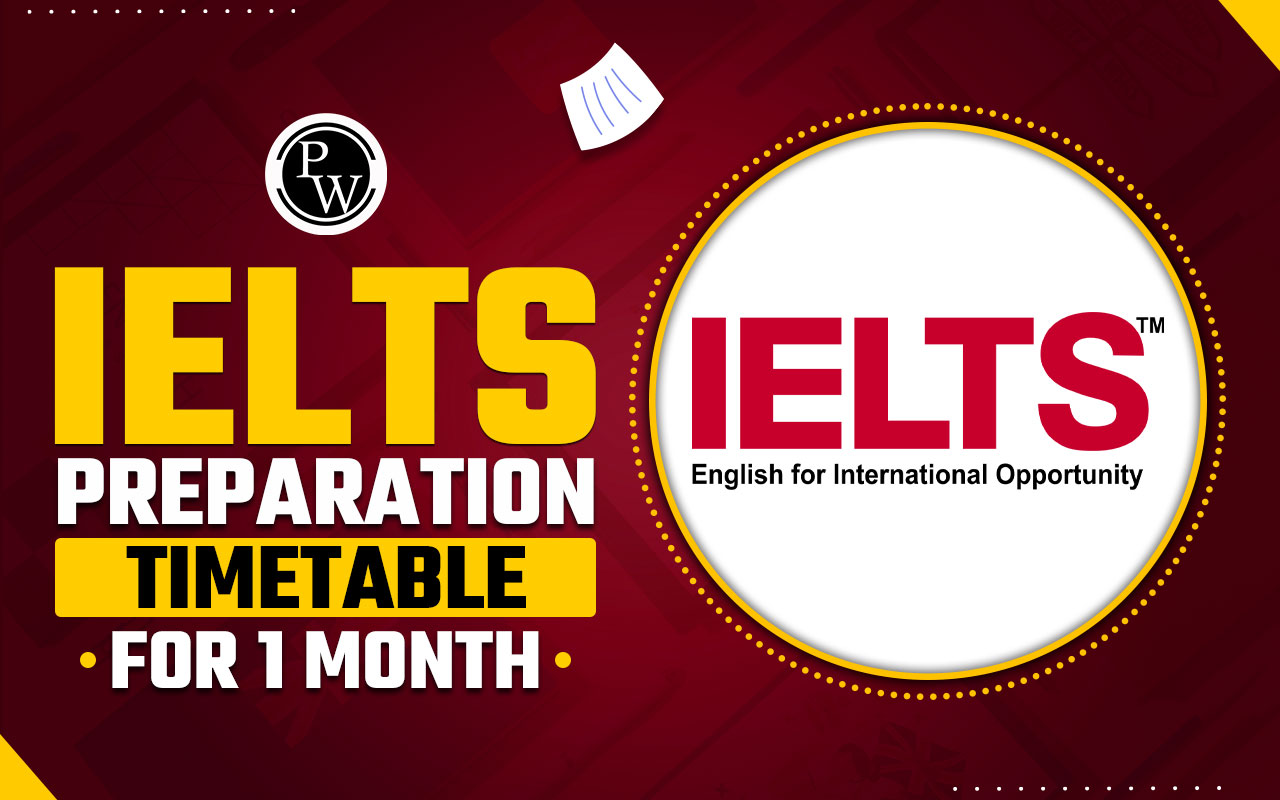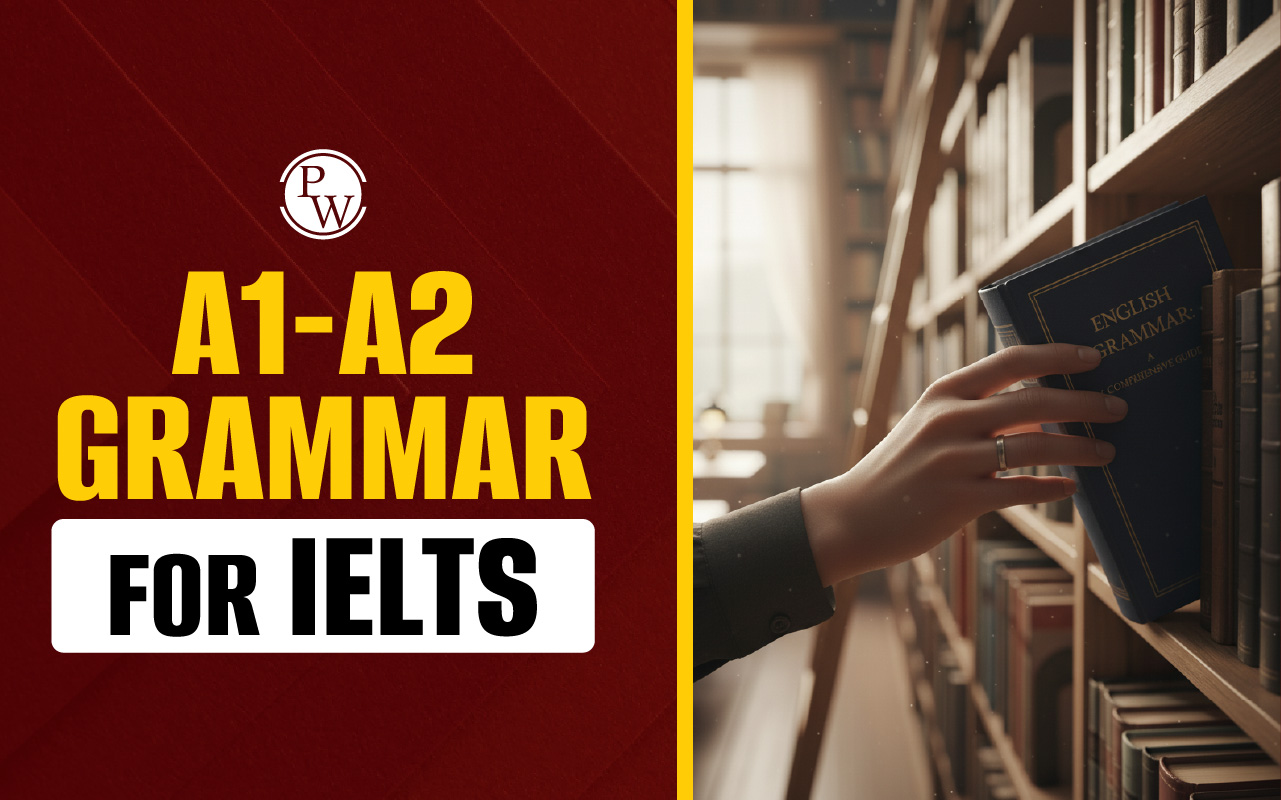

Coral Reefs Reading Answers: Coral reefs are essential ecosystems that support millions of people worldwide. This coral reefs IELTS reading passage explores their economic and social importance. Learners will see how reefs provide food, protection, and livelihoods. The coral reefs reading passage with answers highlights how communities rely on fishing, reef-gleaning, and tourism.
It also explains their role in stability during seasonal changes. This makes it a perfect study source for coral reefs IELTS academic reading practice. Use it to strengthen skills for the coral reefs reading test answers and connect with guides on IELTS Reading Topics, IELTS Reading Test Format, IELTS Reading Band Score, and more.
IELTS Coral Reefs Reading Answers With Passage
The coral reefs IELTS reading passage explains how reefs support communities through fishing, trade, and tourism. This section provides the coral reefs reading passage with answers to help learners practice effectively. It is designed for students preparing for the exam and looking to build strong IELTS academic reading skills.
The economic importance of coral reefs Reading Passage
A lot of people around the world are dependent, or partly dependent, on coral reefs for their livelihoods. They often live adjacent to the reef, and their livelihood revolves around the direct extraction, processing and sale of reef resources such as shellfish and seaweeds. In addition, their homes are sheltered by the reef from wave action.
Reef flats and shallow reef lagoons are accessible on foot, without the need for a boat, and so allow women, children and the elderly to engage directly in manual harvesting, or ‘reef-gleaning’. This is a significant factor distinguishing reef-based fisheries from near-shore sea fisheries. Near-shore fisheries are typically the domain of adult males, in particular where they involve the use of boats, with women and children restricted mainly to shore-based activities. However, in a coral-reef fishery the physical accessibility of the reef opens up opportunities for direct participation by women, and consequently increases their independence and the importance of their role in the community. It also provides a place for children to play, and to acquire important skills and knowledge for later in life. For example, in the South West Island of Tobi, in the Pacific Ocean, young boys use simple hand lines with a loop and bait at the end to develop the art of fishing on the reef. Similarly, in the Surin Islands of Thailand, young Moken boys spend much of their time playing, swimming and diving in shallow reef lagoons, and in doing so build crucial skills for their future daily subsistence.
Secondary occupations, such as fish processing and marketing activities, are often dominated by women, and offer an important survival strategy for households with access to few other physical assets (such as boats and gear), for elderly women, widows, or the wives of infirm men. On Ulithi Atoll in the western Pacific, women have a distinct role and rights in the distribution of fish catches. This is because the canoes, made from mahogany logs from nearby Yap Island, are obtained through the exchange of cloth made by the women of Ulithi. Small-scale reef fisheries support the involvement of local women traders and their involvement can give them greater control over the household income, and in negotiating for loans or credit. Thus their role is not only important in providing income for their families, it also underpins the economy of the local village.
Poor people with little access to land, labour and financial resources are particularly reliant on exploiting natural resources, and consequently they are vulnerable to seasonal changes in availability of those resources. The diversity of coral reef fisheries, combined with their physical accessibility and the protection they provide against bad weather, make them relatively stable compared with other fisheries, or land-based agricultural production.
In many places, the reef may even act as a resource bank, used as a means of saving food for future times of need. In manus, Papua New Guinea, giant clams are collected and held in walled enclosures on the reef, until they are needed during periods of rough weather. In Palau, sea cucumbers are seldom eaten during good weather in an effort to conserve their populations for months during which rough weather prohibits good fishing.
Coral reef resources also act as a buffer against seasonal lows in other sectors, particularly agriculture. For example, in coastal communities in northern Mozambique, reef harvests provide key sources of food and cash when agricultural production is low, with the peak in fisheries production coinciding with the period of lowest agricultural stocks. In Papua New Guinea, while agriculture is the primary means of food production, a large proportion of the coastal population engage in sporadic subsistence fishing.
In many coral-reef areas, tourism is one of the main industries bringing employment, and in many cases is promoted to provide alternatives to fisheries-based livelihoods, and to ensure that local reef resources are conserved. In the Caribbean alone, tours based on scuba-diving have attracted 20 million people in one year. The upgrading of roads and communications associated with the expansion of tourism may also bring benefits to local communities. However, plans for development must be considered carefully. The ability of the poorer members of the community to access the benefits of tourism is far from guaranteed, and requires development guided by social, cultural and environmental principles. There is growing recognition that sustainability is a key requirement, as encompassed in small-scale eco-tourism activities, for instance.
Where tourism development has not been carefully planned, and the needs and priorities of the local community have not been properly recognised, conflict has sometimes arisen between tourism and local, small-scale fishers.
Sample Questions on IELTS Coral Reefs Reading Answers
Practicing sample questions from the coral reefs IELTS academic reading section helps improve speed and accuracy. Here, you will find exercises related to the coral reefs reading test answers that reflect real exam patterns. These examples strengthen comprehension and give confidence while solving coral reefs IELTS reading passage tasks.
| Sample Questions on IELTS Coral Reefs Reading Answers | |||
| Question No. | Question Type | Question / Instruction | Options / Answer Space |
| 1 | Multiple Choice | According to the passage, which group has greater direct access to coral reef resources compared to near-shore fisheries? | A. Adult males only B. Women and children C. Traders D. Tourists |
| 2 | True/False/Not Given | Coral reefs provide protection to coastal homes from wave action. | True / False / Not Given |
| 3 | Matching Information | Match the location with the activity described: (i) South West Island of Tobi (ii) Surin Islands (iii) Manus, Papua New Guinea (iv) Palau | A. Young boys play and dive B. Giant clams kept in reef enclosures C. Sea cucumbers saved for rough weather D. Hand-line fishing practice |
| 4 | Sentence Completion | In Ulithi Atoll, women play a distinct role in ______. | __________________________ |
| 5 | Short Answer | What is one key industry apart from fishing that brings employment in many coral-reef areas? | __________________________ |
| 6 | Multiple Choice | Why are coral reef fisheries considered more stable than other forms of production? | A. Diversity and accessibility of resources B. Dependence on advanced boats C. Seasonal agricultural surplus D. International trade |
| 7 | True/False/Not Given | Tourism development in coral reef areas always guarantees benefits for the poorer members of the community. | True / False / Not Given |
| 8 | Short Answer | In northern Mozambique, during which period do reef harvests become a key food source? | __________________________ |
IELTS Coral Reefs Reading Answers
This part contains the complete coral reefs IELTS reading passage with solutions for easy understanding. Learners can compare responses with the coral reefs reading passage with answers to check progress. Regular practice with these coral reefs reading test answers ensures better preparation for the coral reefs IELTS academic reading exam.
| IELTS Coral Reefs Reading Answers | ||
| Question No. | Answer | Explanation |
| 1 | B. Women and children | The passage states that reef flats are accessible on foot, allowing women, children, and the elderly to engage in reef-gleaning, unlike near-shore fisheries. |
| 2 | True | The passage clearly says that reefs shelter homes from wave action. |
| 3 | (i) South West Island of Tobi – D. Hand-line fishing practice (ii) Surin Islands – A. Young boys play and dive (iii) Manus, Papua New Guinea – B. Giant clams kept in reef enclosures (iv) Palau – C. Sea cucumbers saved for rough weather | Each activity is directly matched to the location as described in the passage. |
| 4 | the distribution of fish catches | In Ulithi Atoll, women have a distinct role in the distribution of fish catches. |
| 5 | Tourism | The passage explains that in many reef areas, tourism is one of the main industries providing employment. |
| 6 | A. Diversity and accessibility of resources | Coral reef fisheries are considered stable due to their diversity, accessibility, and protection against bad weather. |
| 7 | False | The passage mentions that tourism development does not always guarantee benefits for poorer members of the community. |
| 8 | when agricultural production is low | In northern Mozambique, reef harvests provide food and cash when agricultural production is at its lowest. |
Guidance to PW IELTS Prep
IELTS Online Courses is a great initiative Physics Wallah took to help IELTS aspirants better prepare for the exam. Follow our below pages to learn more about the IELTS exam.| IELTS Reading Band Score | IELTS Listening Band Score |
| IELTS Speaking Band Score | IELTS Writing Band Score |
IELTS Coral Reefs Reading Answers FAQs
Why are coral reefs important for coastal communities?
How do coral reefs support women and children?
What secondary occupations are linked with coral reef fisheries?
How do coral reefs help during seasonal food shortages?
What other industry besides fishing depends on coral reefs?


